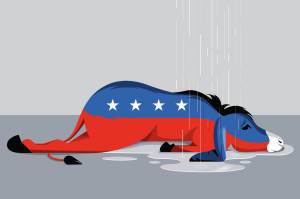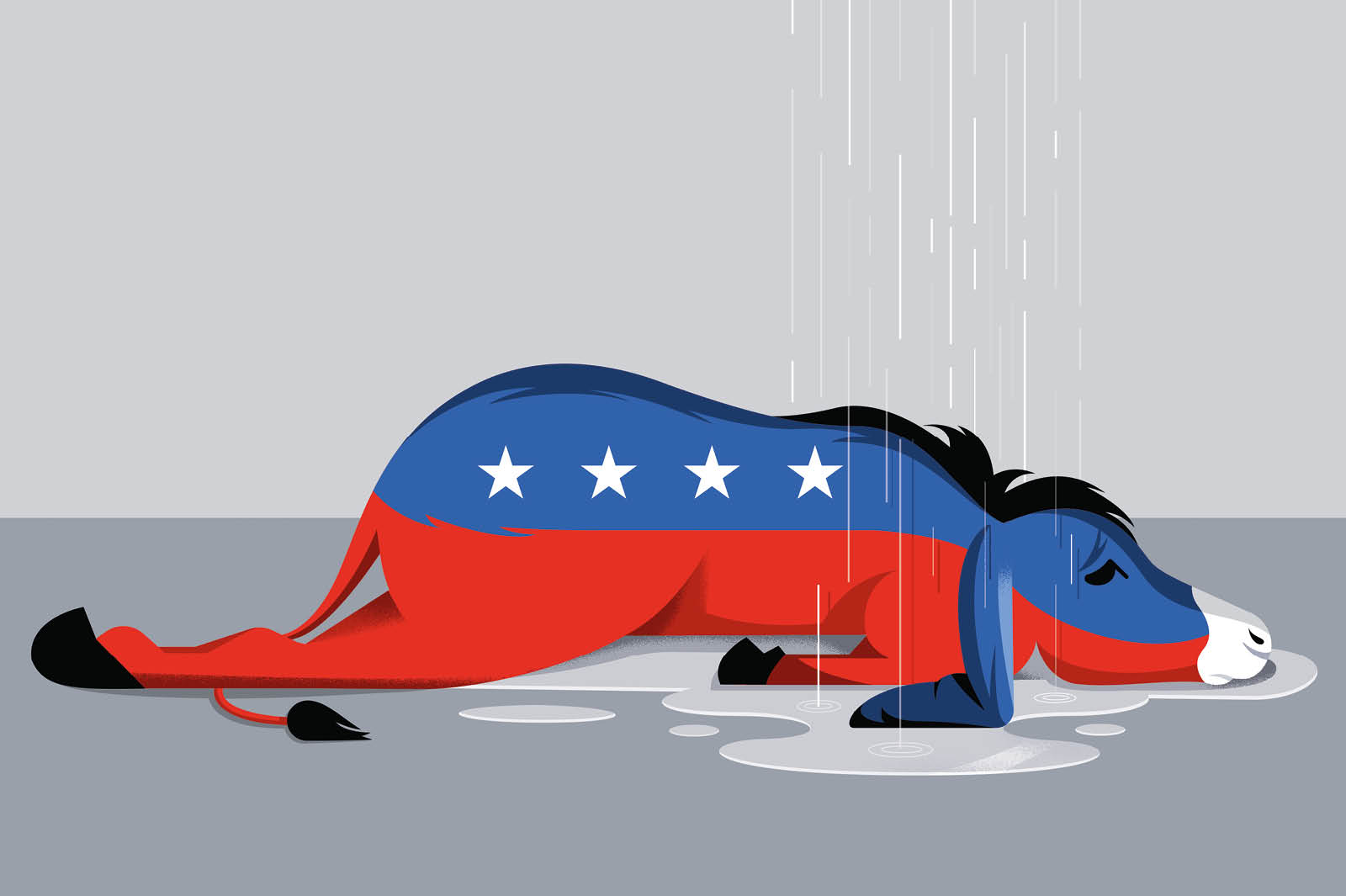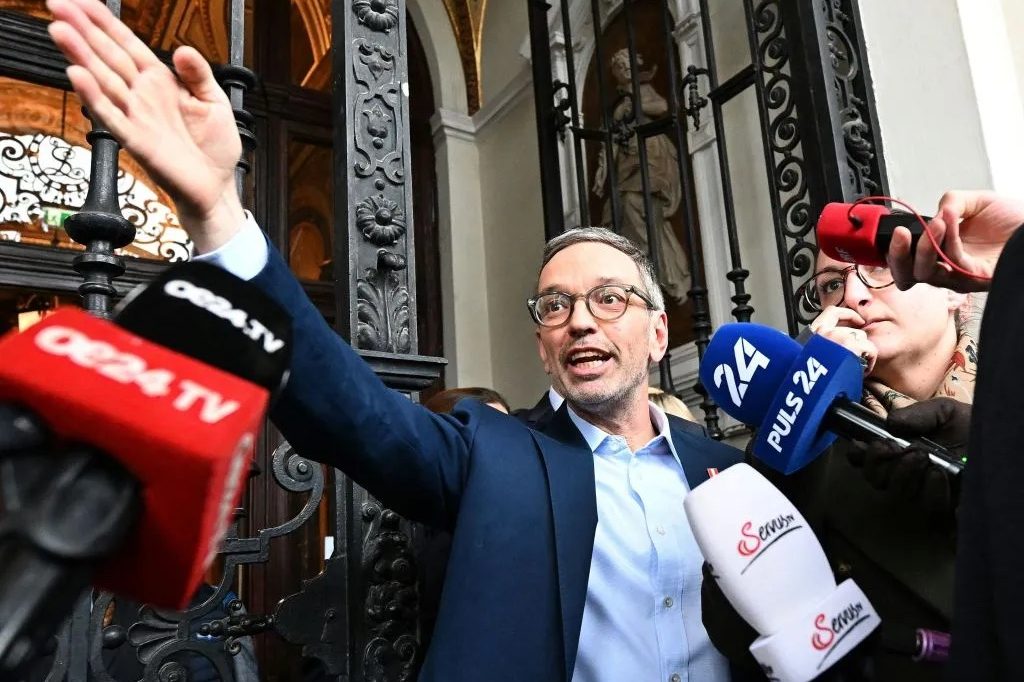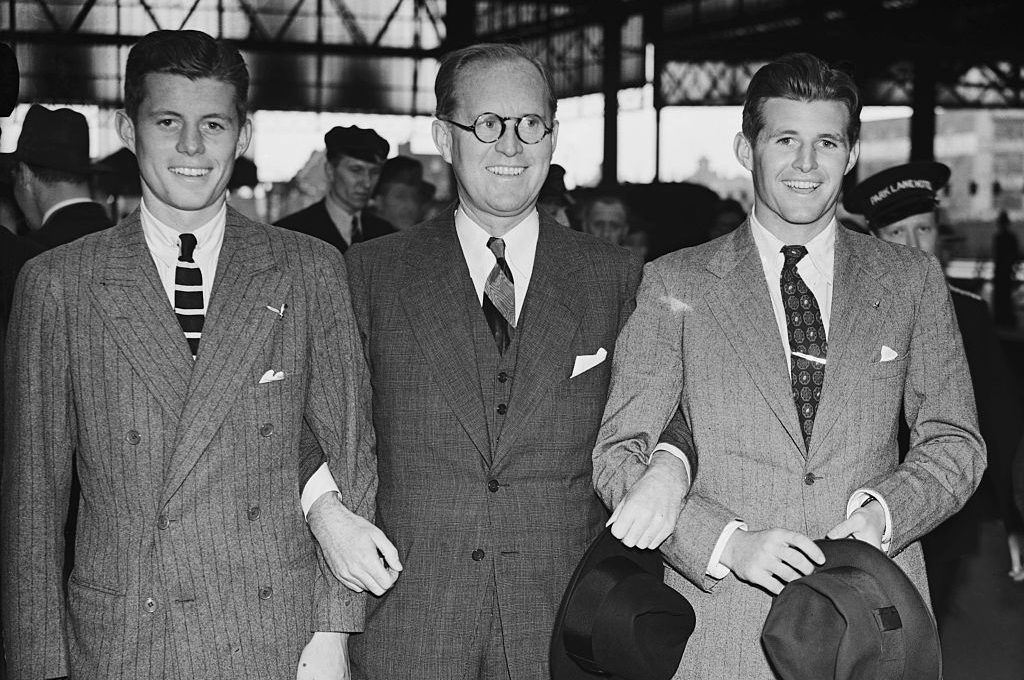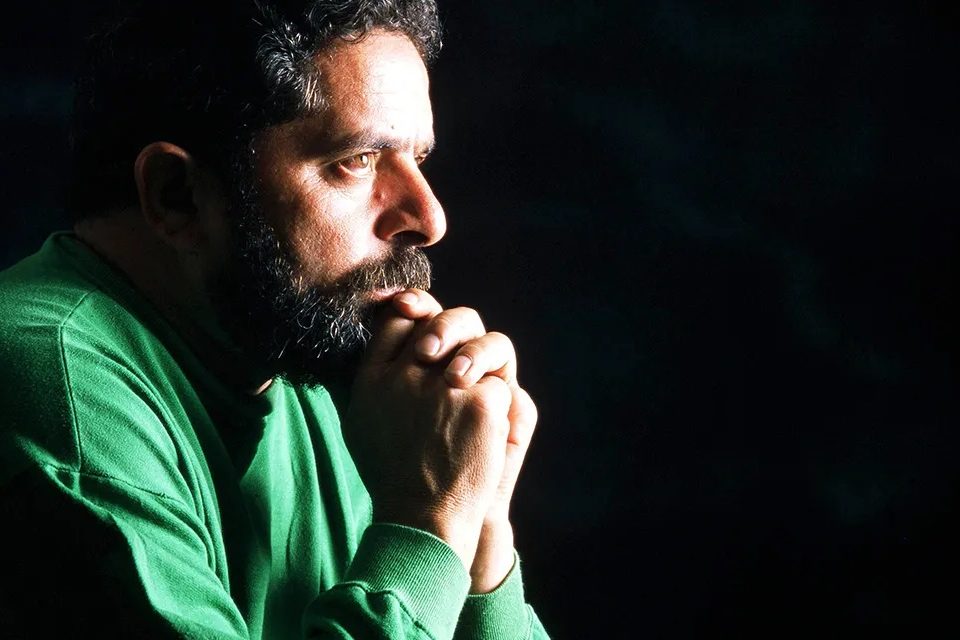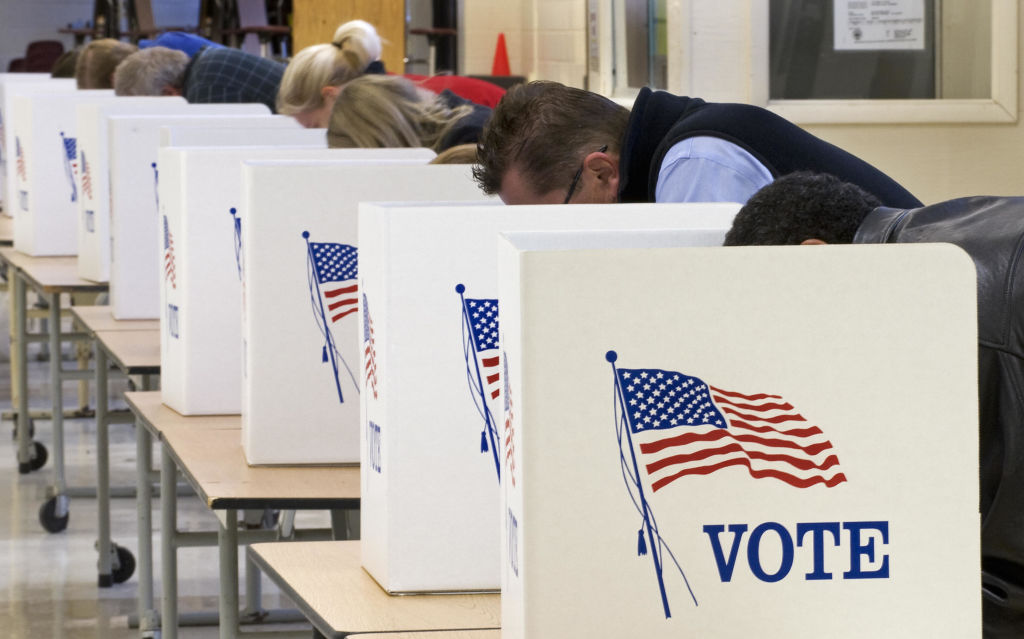“Jail, death or victory.” These are the three alternatives Brazil’s incumbent leader says await him. It is an unusual rallying call for an election campaign, but this is Jair Bolsonaro, the “Trump of the Tropics,” and he may well be right. Bolsonaro was elected in 2018 when his initial rival, Luiz Inácio Lula da Silva, the country’s former president, was jailed midway through the campaign on corruption charges. Bolsonaro, a relative unknown, beat the replacement Workers Party candidate by a ten percentage point margin.
His formula was to focus on anti-corruption and conduct his campaign predominantly via social media. The use of YouTube, Facebook and, most importantly, the gargantuan WhatsApp groups that are part of daily life here enabled Bolsonaro to project different images to discrete sectors of society. Evangelical churchgoers got the faithful family man; gym bros and sertanejo country music fans were introduced to the gun-loving former military captain; the business world was presented with an anti-communist crusader.
Now, however, with spiraling inflation and a disastrous handling of the pandemic — some 685,000 Brazilians died — the president is finding it harder for his anti-politics message to cut through to all but hardened Bolsonaristas. Thirty-three million people face daily hunger. A senate inquiry into his failure to buy vaccines, in a country with almost no anti-vax movement, recommended criminal charges against him. Moreover, his old rival Lula is back in the running having been released from prison in 2019, corruption charges quashed. All polls are predicting the leftist, with his right-of-center running partner, will win in the second-round run-off.
Drama enough? Not for Brazil. Bolsonaro has long been casting doubt over the integrity of the country’s electronic voting system, suggesting he will not recognize a vote that goes against him. Brazil, the fourth-largest democracy in the world, has had completely paperless elections since the new millennium, with almost no recorded cases of fraud. At one of a series of rallies across the country’s major cities last year, Bolsonaro said of the forthcoming fight: “I can’t participate in a farce like the one being sponsored by the Superior Electoral Tribunal.” Calling a meeting of foreign diplomats in July, he repeated his claims concerning the electronic ballot system: “We still have time to solve the problem, with the participation of the armed forces.” He says repeatedly: “Only God will oust me.”
Earlier this month, the election authorities acquiesced to a request from the military for further tests on the integrity of the wireless vote-counting machines. Bolsonaro’s defense minister, a recently retired general, promised the army will “go until the end” to ensure the right result come the first voting round on October 2.
People spoke of a coup in America after the cosplay at the Capitol in Washington DC in January 2021. The threat of a military coup in Brazil is real. This country has spent more of its 200 years of independence as a dictatorship than not, and its constitution retains many elements of the former military regime.
The left is taking the prospect extremely seriously. Much of Lula’s energy seems to have been spent behind the scenes shoring up support for democracy. Bolsonaro, meanwhile, is said to have been sounding out an appetite for autocracy. The public-facing campaigns have a strange feel to them, because both candidates are playing to their core bases: rallies and visits to samba schools for Lula; rallies and motorcycle parades for Bolsonaro. Eighty percent of the electorate have told pollsters they have already made up their minds as to which candidate they’re backing and won’t be swayed. (Lula and Bolsonaro aren’t the only presidential contenders, but they are the only ones with any serious chance.)
Bolsonaro is pouring government resources into getting himself through to the second-round run-off (bribes range from election-period poverty-relief payments to reducing to zero import taxes on the whey protein powder beloved of bodybuilders) and securing places for his political allies in congress. But serious election watchers like the academic Perez Oliveira believe that the really dirty fighting — perhaps a coup — will come after the second round. “Bolsonaro knows perfectly well that he will not win fairly. He does believe in polls,” says Oliveira. “Therefore all his movements must be read in terms of the coup’s agenda.” In the weeks between the votes, he predicts, Bolsonaro will ramp up the agitating against the legitimacy of the election apparatus and encourage supporters to take to the streets. Violence, even without such top-down provocation, is inevitable. In fact it has already begun. In recent months two Lula supporters have been killed by Bolsonaro acolytes.
The violence serves in part to intimidate opposition voters and that tactic is already working to an extent: in Brazil staffing of polling stations is partly fulfilled through jury duty-style summons and people are terrified of getting the call. Mainly, however, the aim is a state of chaos, a climate of fear which will provide Bolsonaro with an excuse for emergency legislation postponing voting.
This would not be the sort of coup a Gabriel García Márquez novel describes, with tanks rolling down Brasilia’s avenues. As Oliveira says: “With the exception of a few clashes in the streets, the dispute will take place almost entirely within the staggering institutionality.” One mall-owning entrepreneur probably spoke for many when he wrote in a leaked WhatsApp group: “I prefer a coup than the return of [Lula]. A million times. And certainly no one will stop doing business with Brazil. As they do with various dictatorships around the world.”
Then there’s the equally worrying risk of a judicial counter-coup. Supreme court justice Alexandre de Moraes has recently been appointed to head the country’s electoral court, finding himself in a very powerful position. São Paulo-based political analyst Alex Hochuli says: “We’re faced with an unenviable situation: confrontation between naked [coup-mongering] on the one hand, and on the other, a defense of ‘institutionality’ by forces who’d gladly usher in a judicial dictatorship… the coup has already happened.”
In 2020 de Moraes led an investigation against alleged instances of fake news being spread by Bolsonaro-friendly bloggers, and after the messages of coup-ambivalent businessmen were revealed this year, de Moraes ordered raids of their offices by federal police. It is his electoral commission that will either acquiesce to Bolsonaro’s demands of a parallel count by the military (who were given a supervisory role to last year’s elections), or allow Lula’s likely victory under the current process. In recent weeks they have been hammering that out behind closed doors with uniformed generals, the meetings going un-minuted. Whoever takes the green and yellow presidential sash come inauguration day will owe de Moraes, and the judicial apparatus, a dangerous debt that is unlikely to be forgotten.
This article was originally published in The Spectator’s UK magazine. Subscribe to the World edition here.











